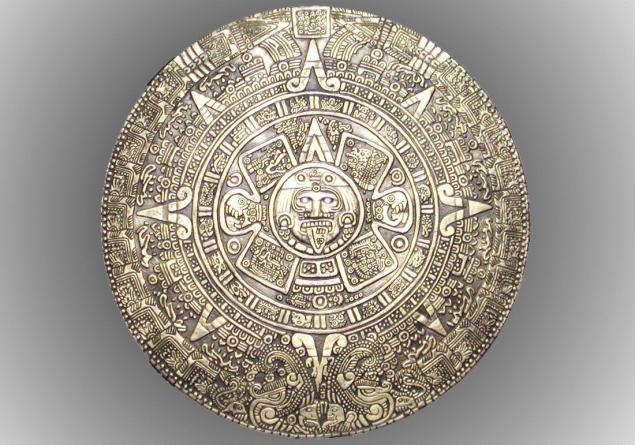510
Where did the names of months?
How did the modern calendar, is now known well enough. But where was taken the names of the months? It is known that the modern Gregorian calendar with the names of months is a credit to Ancient Rome. That's where the year was divided into 12 months, each of which received his name.

January (lat. Jānuārius mēnsis "month Yanusami") was named after two-faced Roman God named Janus. The name is interpreted as "the door to the year."
February (lat. Februārius mēnsis "month of purification"). The name comes from the Etruscan God of the underworld of Februus. This God was associated with the holiday of Lupercalia, held February 15. Traditionally on this day was performed the rites of purification (februa, februare, februum).
March (lat. Mārtius mēnsis — month Mars) is named after the Roman God of war Mars.
April. The origin of the name of this month there are three versions:
from the Latin verb aperire — "to open", implying that this opens spring at this time began to blossom trees and flowers.
from the Latin word apricus — "warm sun".
from Aphrilis. In the Roman Empire, this month was dedicated to the goddess Venus who corresponded to the Greek goddess Aphrodite (Aphros also).
May (lat. Majus mensis "month of goddess Maia") the Name of this month was in honor of the Roman goddess of fertility, Maya, a celebration which was held at this time.
June (lat. Junius — "month of Juno") is the Most common version of the origin of the name of this month this version of its origin from the name of the Roman goddess Juno, wife of Jupiter.
July (lat. Julius — "month of Julius") as the founder of the first calendar (very close to that which we now use) was Julius Caesar, and he was born this month, and the month was named accordingly.

August (lat. augustus "month of August") was named in honor of Octavian Augustus. This month so call a little later this month was the happiest during the reign of the Emperor.
The remaining four months (September, October, November and December) have been named by numbers, which denotes the number of the corresponding month in starkrimson calendar. Interestingly, the numbering of the Julian calendar was shifted two months ago from the Roman, so now the ninth month — September is called the Latin word "seventh", tenth to eighth and so on.
Source: /users/448

January (lat. Jānuārius mēnsis "month Yanusami") was named after two-faced Roman God named Janus. The name is interpreted as "the door to the year."
February (lat. Februārius mēnsis "month of purification"). The name comes from the Etruscan God of the underworld of Februus. This God was associated with the holiday of Lupercalia, held February 15. Traditionally on this day was performed the rites of purification (februa, februare, februum).
March (lat. Mārtius mēnsis — month Mars) is named after the Roman God of war Mars.
April. The origin of the name of this month there are three versions:
from the Latin verb aperire — "to open", implying that this opens spring at this time began to blossom trees and flowers.
from the Latin word apricus — "warm sun".
from Aphrilis. In the Roman Empire, this month was dedicated to the goddess Venus who corresponded to the Greek goddess Aphrodite (Aphros also).
May (lat. Majus mensis "month of goddess Maia") the Name of this month was in honor of the Roman goddess of fertility, Maya, a celebration which was held at this time.
June (lat. Junius — "month of Juno") is the Most common version of the origin of the name of this month this version of its origin from the name of the Roman goddess Juno, wife of Jupiter.
July (lat. Julius — "month of Julius") as the founder of the first calendar (very close to that which we now use) was Julius Caesar, and he was born this month, and the month was named accordingly.

August (lat. augustus "month of August") was named in honor of Octavian Augustus. This month so call a little later this month was the happiest during the reign of the Emperor.
The remaining four months (September, October, November and December) have been named by numbers, which denotes the number of the corresponding month in starkrimson calendar. Interestingly, the numbering of the Julian calendar was shifted two months ago from the Roman, so now the ninth month — September is called the Latin word "seventh", tenth to eighth and so on.
Source: /users/448























